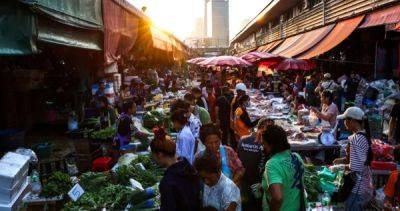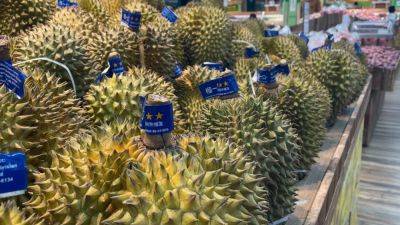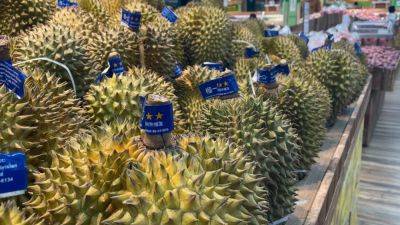Southeast Asia’s heatwaves threaten food security. How can nations adapt?
In Minbu, central Myanmar, a historic peak of 44 degrees was seen, marking the first instance in Southeast Asia’s recorded history that temperatures reached that high so early in the month. Hat Yai, in southern Thailand, recorded a temperature of 40.2 degrees, setting a record. Similarly, Yên Châu, in northwestern Vietnam, experienced a temperature of 40.6 degrees, unparalleled for this time of the year.
Southeast Asia is an important rice-producing region, accounting for 26 per cent of global rice production and 40 per cent of global exports. It serves as a primary rice supplier to various regions, including Africa and the Middle East.
In Vietnam, earlier this year, water levels reached such low levels that farmers were struggling to transport crops. To address the requirements for agricultural production, farmers have been forced to pump water into their fields from elsewhere. Consequently, a significant disparity has arisen between the road surface at the riverbank and the water level beneath, causing subsidence and landslides.
In Thailand, declining crop yields resulting from elevated temperatures and the El Niño phenomenon are anticipated to lead to an 8 per cent increase in farmer debt this year. Similarly, in Malaysia, extreme heat and El Niño conditions have forced farmers to defer the planting season due to diminished water resources. Typically, farmers in Southeast Asia undertake two planting seasons each year, yet the current circumstances have meant a reduction to just one for some.
Southeast Asian communities must take urgent action to adapt and safeguard their livelihoods. Proactive adaptation strategies can be implemented with the help of drought-resistant varieties of rice, diversified crops, efficient







